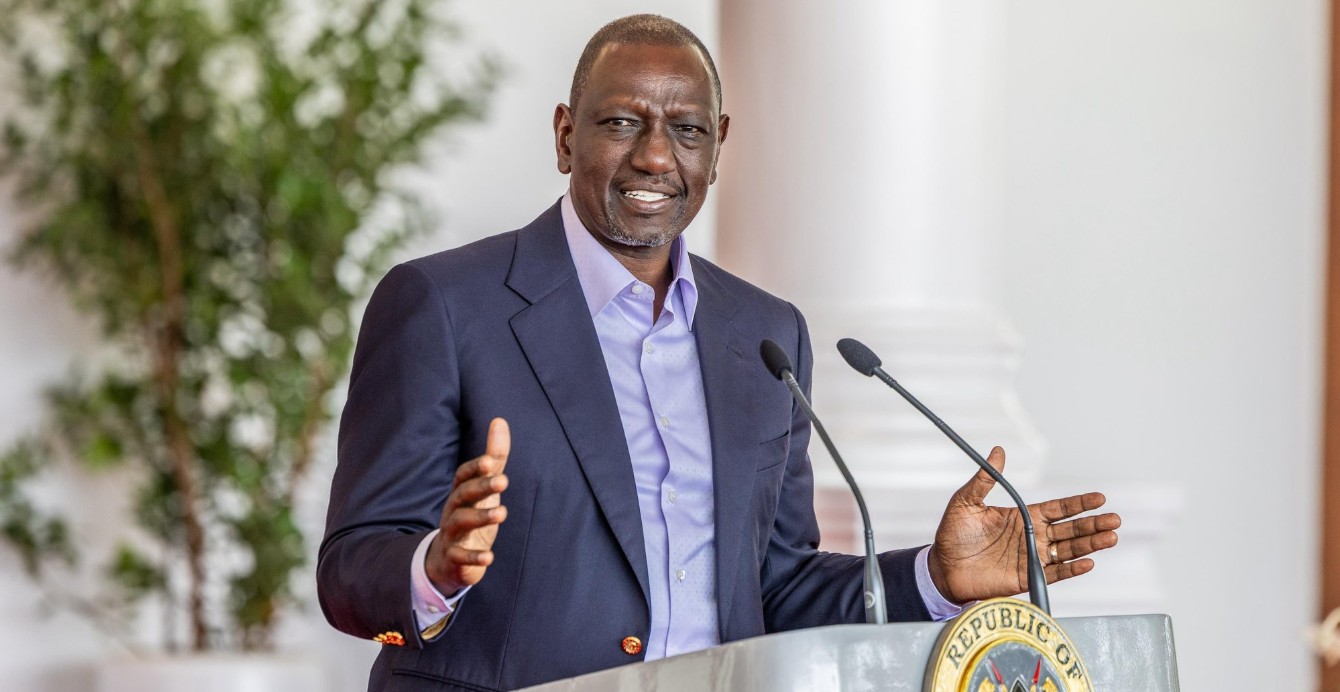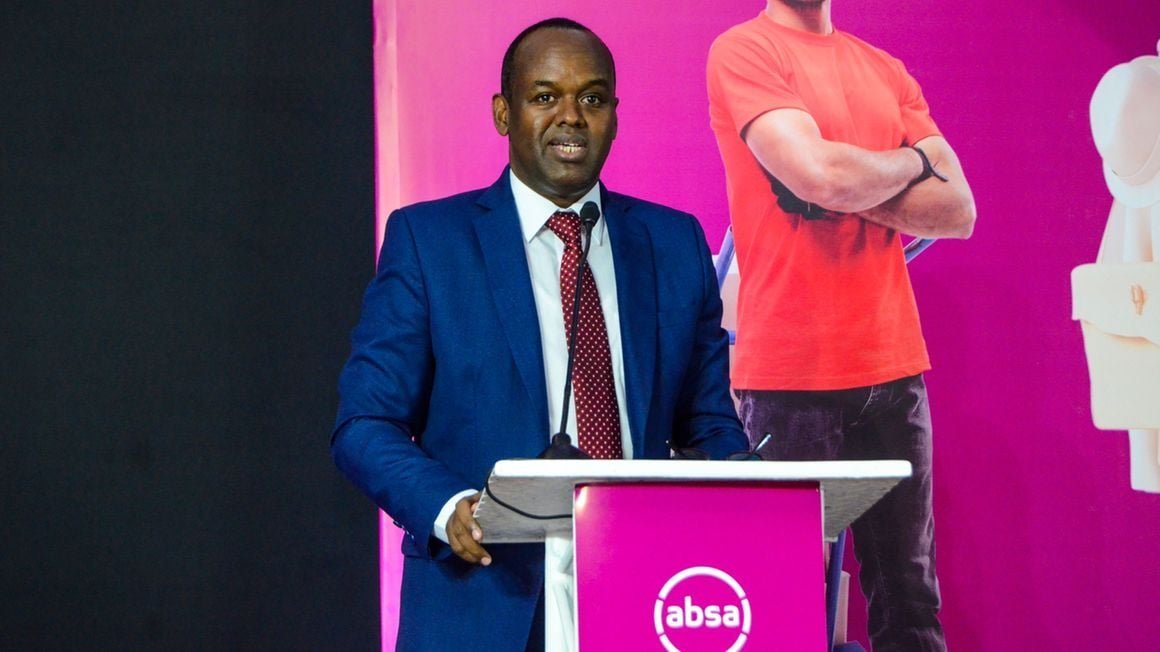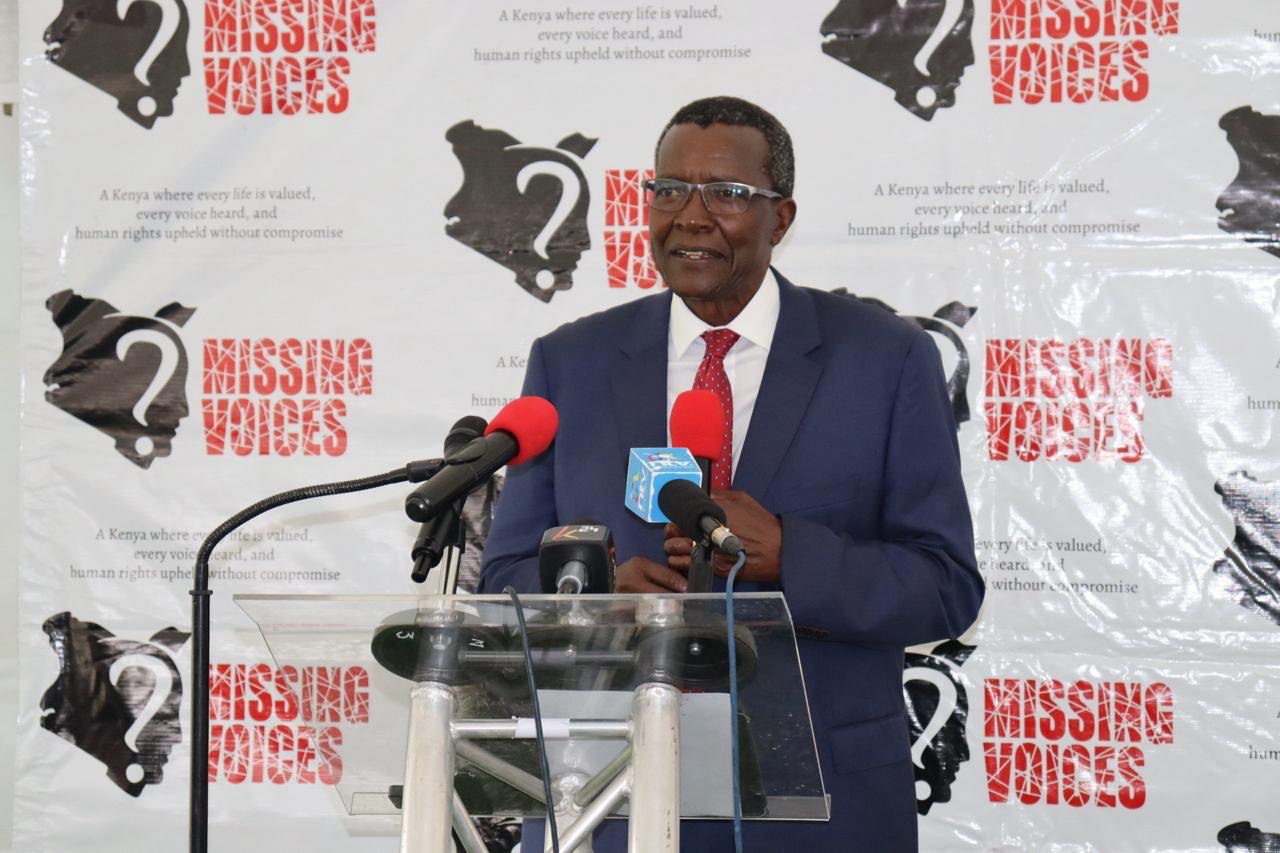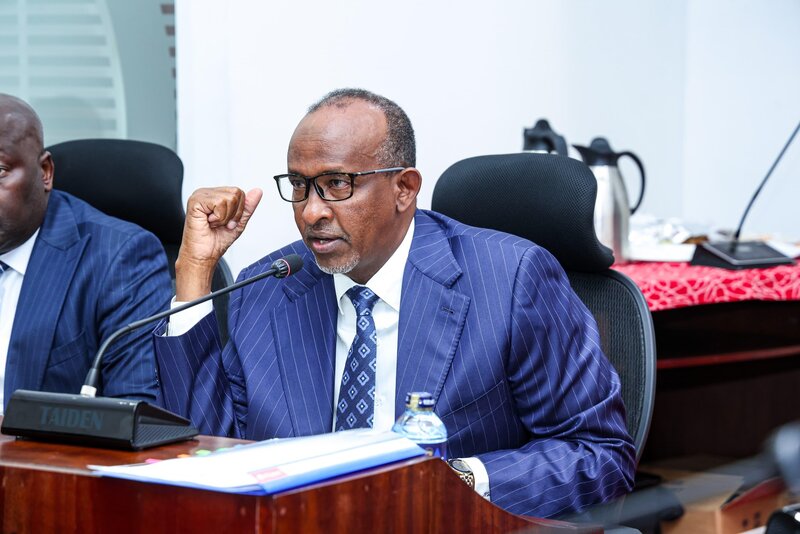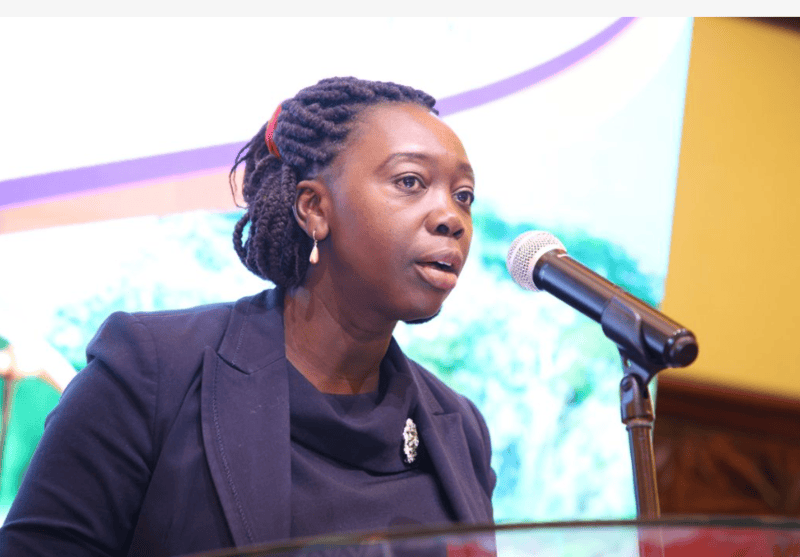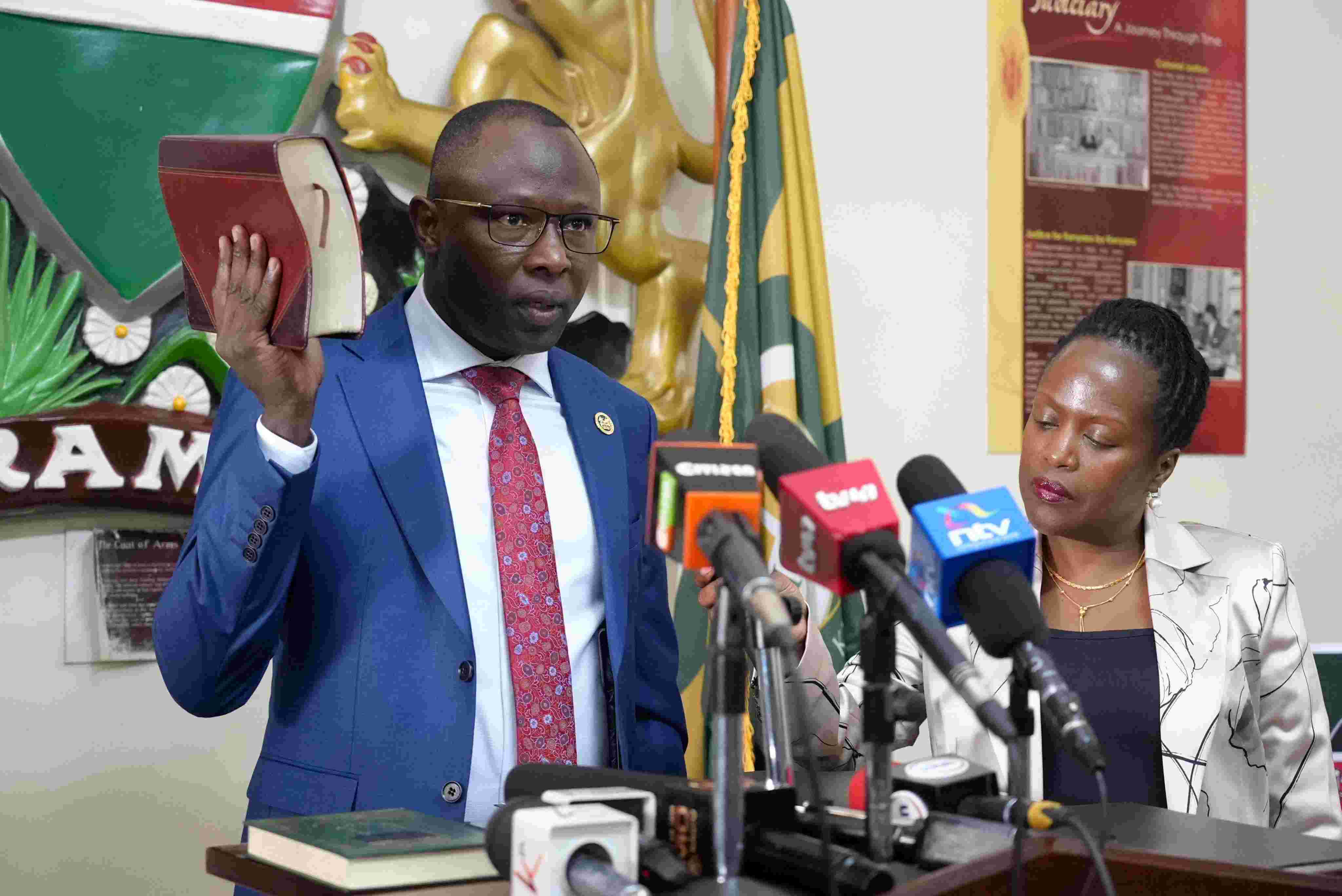3 graduates who failed to land jobs now make nearly Sh30,000 daily from farming
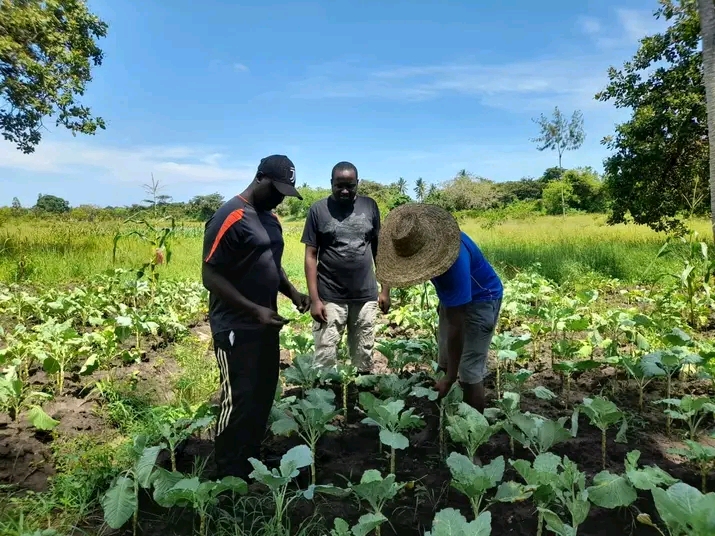
Other than research, the trio also shifted from rainfed agriculture to irrigation and dug their own dam.
"I started selling kales to earn school fees after my father passed away,” Omar Mwamairi, a 26-year-old civil engineering graduate and full-time farmer says while recalling how a venture he nurtured while young is now putting food on his table.
Mwamairi adds that as a result of good returns, he managed to fund his education until graduation.
More To Read
- How to make perfect chips masala at home – crispy, saucy and full of flavour
- KIPPRA flags job creation as key concern despite Kenya’s economic growth
- Recipe: How to make spicy Nigerian Jollof rice
- Silent struggles: Kenyan men speak out on financial pressure, mental health, and masculinity
- Golden, Syrupy, and irresistible: Mastering kaimati, the Swahili sweet dumpling
- Lobby group Okoa Uchumi warns 2025 budget will raise costs, deepen inequality in Kenya
However, he suffered setbacks in his quest to land a job, similar to two other villagemates, Abdallah Juba (25 years) a business administration graduate and Juma Mwaleso (28 years) who studied geophysics.
The trio who are residents of the sleepy village of Mtsungani in Kwale County, nonetheless, were inspired by unemployment, to join hands not only to free themselves from poverty through farming but also alleviate hunger and increase food security in their region.
Mwamairi, an International University of Africa alumnus and Juba and Mwaleso who graduated from Kenyatta University, plant various vegetables and supply their produce to the recently constructed Mvindeni Market. From kale, spinach and traditional vegetables.
"After graduating we tried to seek employment in vain. This pushed us to consider active farming since we already had arable land and the requisite knowledge," says Mwaleso.
To reach Mtsungani, one has to pass luxurious mansions and villas in Mvindeni. Though the two villages border each other, one can vividly distinguish that the residents live worlds apart.
However, such scenarios do not deter the three graduates from farming, which is part and parcel of their lives. The three, say that they learnt the art of farming from their parents, who they grew up watching as they dug their farms.
When Eastleigh Voice arrived at Mtsungani, the three were already working on their farm.
"In this area, we depend on agriculture for survival, so a child as young as eight years knows the basics of farming. We used the knowledge we acquired from our parents and stay up to date by researching online emerging trends in agribusiness. We also attend farmer's workshops to learn more about the trade," says Mwaleso.
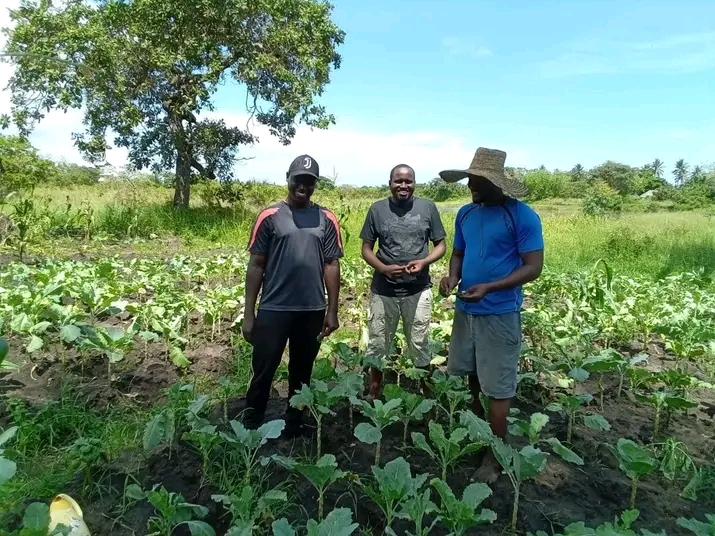 From right in blue t-shirt Omar Mwamairi, Abdallah Juba and Juma Mwaleso at their farm in Mtsungani, Kwale County. (Photo Mishi Gongo)
From right in blue t-shirt Omar Mwamairi, Abdallah Juba and Juma Mwaleso at their farm in Mtsungani, Kwale County. (Photo Mishi Gongo)From right in blue t-shirt Omar Mwamairi (26 years) a civil engineering graduate, Abdallah Juba (25 years) a business administration graduate and Juma Mwaleso (28 years) a geophysics graduate at their farm in Mtsungani, Kwale County. (Photo Mishi Gongo)
The conception
Juba, Mwamairi, and Mwaleso started the initiative five years ago after research they conducted indicated that vegetables were in high demand, yet scarce, in the area.
Mwamairi disclosed that they used his parent's land and later bought their own four hectares from the proceeds of their business.
According to the 26-year-old, who is the brain behind the venture, he sought to create opportunities for many unemployed youth and women through agriculture and improve food security in his area where the poverty level is high.
Technology
Other than research, the trio also shifted from rain fed agriculture to irrigation and dug their dam, which provides them with enough water for farming.
"The water level in this region is not so deep, so we built a dam for irrigation purposes. We have water throughout the year, so our production is not affected," says Juba.
To cut down on other expenditures including fertilisers, the graduates use manure sourced from their animals and those reared by their neighbors.
Return on investment
On a good day, the three graduates make up to Sh30,000 a day from selling vegetables. Their prices for kales range from Sh15-50.
"We sell to our neighbours for as low as sh15 per bunch," they say.
Job creation and giving back to society
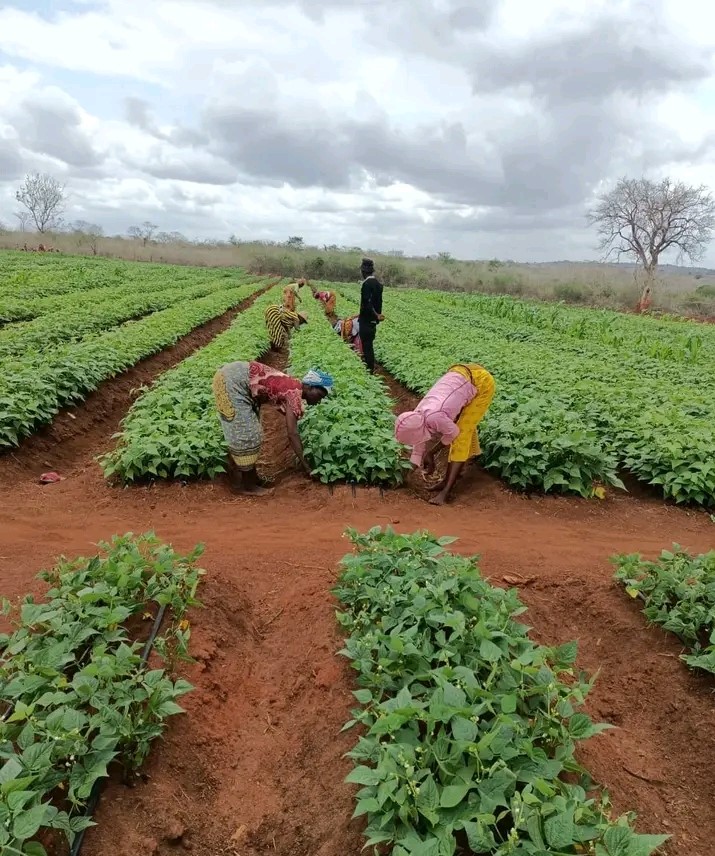 Farm workers tend to crops at a farm owned by Omar Mwamairi, Abdallah Juba and Juma Mwaleso in Mtsungani, Kwale County. (Photo Mishi Gongo)
Farm workers tend to crops at a farm owned by Omar Mwamairi, Abdallah Juba and Juma Mwaleso in Mtsungani, Kwale County. (Photo Mishi Gongo)Farm workers tend to crops at a farm owned by Omar Mwamairi (26 years) a civil engineering graduate, Abdallah Juba (25 years) a business administration graduate and Juma Mwaleso (28 years) a geophysics graduate at their farm in Mtsungani, Kwale County. (Photo Mishi Gongo)
The three boast of employing 10 youths to handle various tasks on the farm and hope to increase the number in the future.
"We have those who tend to the farm and those who help in supplying the vegetables. We have three motorbikes that supply vegetable door to door to various villages that cannot access shops and markets easily and a group that supplies to kiosks in Diani. Another sells the produce at the Mvindeni market," says Juba.
Other than selling vegetables, the three also help other farmers with planting skills.
According to the graduates, farmers in their region only farm for domestic use, while others do not utilise their farms at all as they complain of soil infertility that results in poor yields.
Most farmers in the region also lament about poor returns despite investing heavily in terms of workmanship and finances. Most of them are, however, unaware that techniques used for farming also affect production.
The trio thus took it upon themselves to educate farmers on modern methods of farming to improve food security and the lives of people at a small fee.
One of the challenges they, however, face is convincing farmers to venture into agriculture which they do not believe can sustain their lives.
Mwamairi says that poverty and hunger can only be eradicated when citizens take agriculture seriously in the country.
"Agriculture pays well because there are investors seeking to fund agribusiness. When we partner we agree on how we are going to share the profit like we take 40 per cent while the investor takes the 60 per cent," says Mwamairi.
He adds that they also earn from inspecting seedlings until they are ready for plantain and harvesting.
Challenges
Like any other business, agriculture has its challenges.
Capital and access to quality seeds were among the major challenges they encountered while starting their business.
Juba also advises farmers to always inspect their crops, and use fertilisers and pesticides to protect their crops.
Youths, they emphasise, should also embrace agriculture to create employment rather than relying on formal jobs.
Juba, Mwamairi, and Mwaleso’s dream is to export their products to other countries.
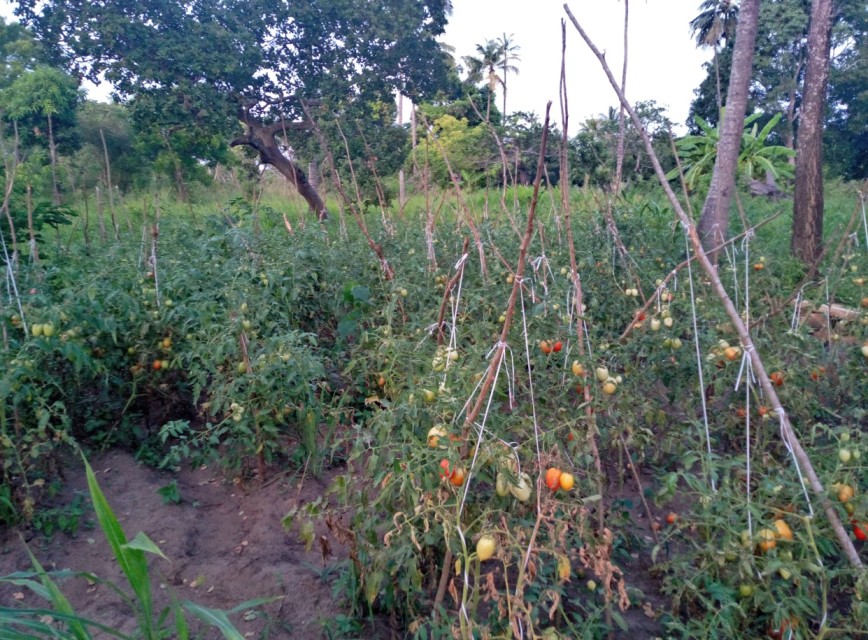 Tomatoes flourishing at a farm owned by Omar Mwamairi, Abdallah Juba and Juma Mwaleso in Mtsungani, Kwale County. (Photo Mishi Gongo)
Tomatoes flourishing at a farm owned by Omar Mwamairi, Abdallah Juba and Juma Mwaleso in Mtsungani, Kwale County. (Photo Mishi Gongo)Onion flourishing at a farm owned by Omar Mwamairi, Abdallah Juba and Juma Mwaleso in Mtsungani, Kwale County. (Photo Mishi Gongo)
Top Stories Today




